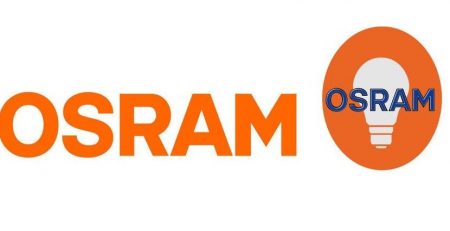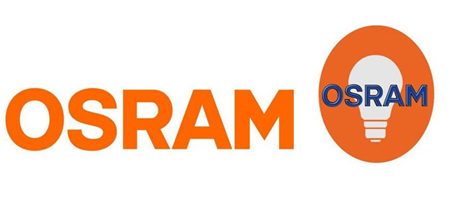South Korea’s Samsung’s digital division SDS and British smart streetlight and Internet of Things (IoT) data acquisition system developer Telessa announced that the two sides are cooperating on smart city projects. This is the first collaboration between Samsung SDS and Telessa.
The two companies are collaborating to develop smart streetlights, and the two giants in smart urban lighting will join forces to make this technology more widely available worldwide. The first collaboration will take place in a city project in South Korea and then in the Asia Pacific region and the United States.
By combining the Telenas PLANet streetlight control system with Samsung SDS’s Brightics IoT platform, the city will be able to save energy and access more and more sensor applications.
Telensa is a leader in smart streetlights with more than 1.7 million street lights deployed worldwide. Telensa PLANet is an end-to-end intelligent streetlight system consisting of a wireless node that connects a single light bulb, a dedicated wireless network owned by the city, and a central management application. The system can effectively reduce urban energy and maintenance costs, and improve service quality through automatic fault reporting. The sensor of the street light pole can be used as an information transmission tool to create a safer, more energy-efficient and smart city. In addition to the UK domestic market, Telenas is also actively looking for overseas markets and selling its products in several countries, including China, Russia, the Middle East and the United States. This time it is entering the Korean market.
Samsung SDS will offer its Brightics IoT, a data collection platform supported by AI that is designed to retrieve and analyze big data. Telensa will also leverage Samsung SDS’s deep expertise in other areas, such as 5G technology and blockchain, which require streetlights for ubiquitous deployment.
Samsung SDS will also collaborate with Telensa on the City Data Project, which aims to create a trust infrastructure for urban data, enabling cities to collect and use data for the convenience of citizens.











